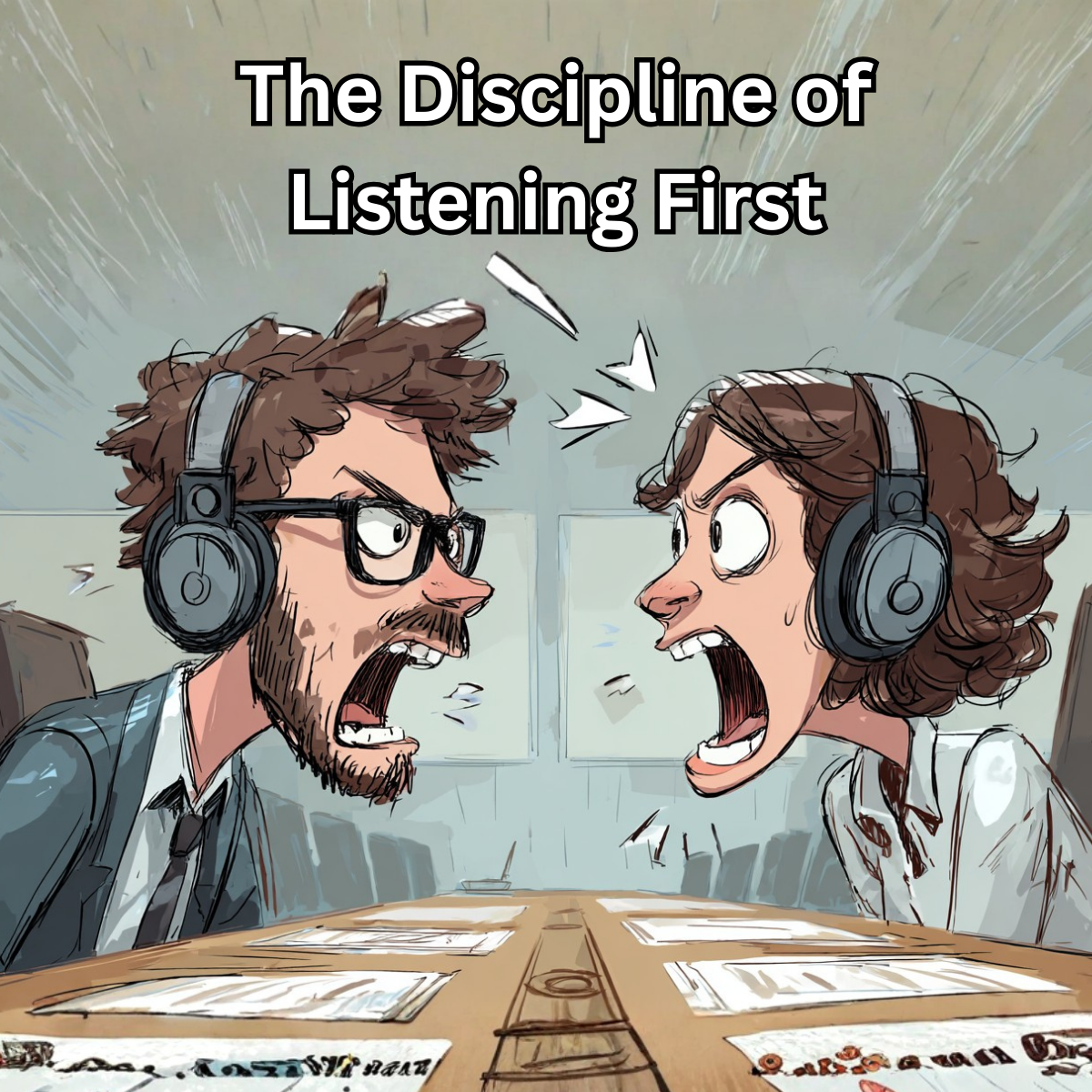I am not going to debate the concept of equity, or argue that it should or should not be a value that we hold in high regard. However, I do want to point out an observation that I made yesterday. Historically, the concept of equity has several different meanings. The most common use of the term equity is to represent a state that is reached in which matters are considered just and fair. The other primary use of the word is to describe ownership or interest in a company or property. Effectively equity is a calculated value which is reached after liabilities are subtracted. What you have left over is your equity. An interesting viewpoint is that both of these definitions are very useful when evaluating all the significant contention that is surrounding the concept of equity in our current political dialog.
Equity is also something that has roots in English common law. the concept really describes the legal process, or system of laws that are in place to evaluate all substantive issues in a matter to allow for the adjudication of claims to reach an equitable or fair resolution. That is the key to understanding today’s political debate. Once again, I am not arguing for our against this as a value, I want to simply point out the following consideration.
Today, the concept of equity has taken on a new meaning. It has become a value that on the spectrum of values is above that of equality or justice. Equity is creeping into personal and corporate mission statements. The new meaning seems to be that equity is the process of achieving fairness and justice after any imbalances have been corrected or cured. Meaning, not all peoples are starting out with the same capability, capacity or ability to achieve opportunity which creates this imbalance. These imbalances must, according to this new definition, be adjudicated. This is the issue at stake in our society right now. It does not matter if you agree with this concept or not, the point is that there is a significant percentage of the population that are now adhering to this value and as a consequence are in the process of adjudication, or simply stated making their case that their imbalances must be cured so that equity can be achieved.
This explains why there is so much contention surrounding the concept of equity. On the face, most people will agree with the concept of fairness and justice for all, but there is by the very nature of the concept, a process of debate and struggle that will occur when you are in the process of negotiating or defending the ability to claim an imbalance that must be cured. Equity between one population or another is not being debated in a court of law, or even in public policy forums. This is being debated actively and openly in our media, in our streets and in our places of employment. The real question to consider is if this is healthy, and if it is really possible. I can hear the argument that we must try to do the best we can, but seriously, the grading or evaluating the severity and degree in which one person may be impacted or affected by an imbalance seems like an overwhelming and difficult area to reach a conclusion on.
This leads me to a conclusion. I cannot have an impact on this on a social or community level. I can only deal with me personally. So if I have an imbalance, or my family does, then what do I do about it? I look toward the second definition of equity. Instead of looking at equity as a value that requires other people to make reparations to cure an imbalance that people have to argue about, I will look at equity as an investment. If I work on my self and my family, and we build our value. We continue to do the best we can, then we will grow our value. So when society finally figures out how to mete out the imbalances, and all liabilities are paid, I will be left with some equity.
Guy



